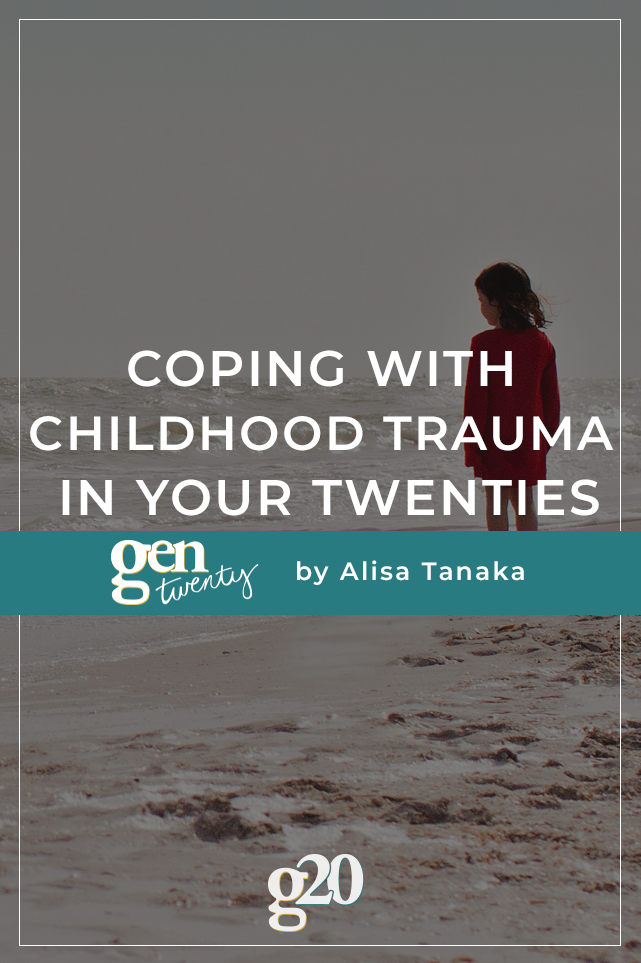When I was being bullied as a preteen, I didn’t understand why people were singling me out. I just knew that it didn’t make me feel great. Like every other child in the world, I also dealt with health challenges. My mother tried to help by taking me to see a therapist in order to help me deal with the mental health issues that resulted from the bullying, and it only ended up making things worse.
Initially, I almost looked forward to the therapy sessions. My therapist felt like a friend I could confide in, someone who could understand what I was going through. However, eventually, this therapist violated my confidentiality, something that I took very seriously. It was something that was very traumatic for the 11 year old that I was. It also completely changed my views on the mental health profession and doctors as a whole.
As an adult, I fully understand that this therapist was doing her job. Doing what she thought was best in order to save my life. However, that doesn’t mean that I wasn’t hurt and betrayed. I didn’t trust anyone for a long time after that. My thought was that all doctors, particularly those in the mental health field, were manipulative and compulsive liars.
I like to believe that I have come a long way since then. I have made the conscious decision to recover by myself without the help of a professional. Here are some of the things I have learned in trying to deal with childhood trauma in my twenties.
Dealing With Childhood Trauma In Your Twenties
There Is No Magic Wand
Over the years, it seems as if I’ve tried everything to solve my issues. I have tried aromatherapy, kinesthology, homeopathy, life coaching…you name it, and I’ve probably tried it. As an adult, I have realized that as a child, I expected to do one of these things and have said treatment make my symptoms go away completely, much like a magic wand.
Now that I am older, I know that there is no such thing as a magic wand when it comes to health. Having much more realistic expectations about how a certain form of treatment can help you can help you deal with the things that affected you as a child.
For example, I know that while essential oils may not be everyone’s favorite thing, I know that the ones that I use regularly help me calm my nerves and help with physical symptoms when I feel myself getting ill. For someone who has dealt with anxiety in the past, the knowledge that I have something that I know works well for me is a relief. The younger version of myself may have expected these oils to work as a quick fix, but the older me knows better.
You Don’t Have To Take People’s Advice
At one point, I was absolutely desperate to make these issues go away. I took any and every suggestion that was offered to me. Including trying to go back to talk therapy — the thing that I strongly feel was the catalyst for my issues. Nothing seemed to help in the way that I wanted to, and I ended up blaming the individuals who had made those suggestions for my prolonged pain.
Over time, I do realize that when people try to help you, they can only do so based upon their own personal experiences. They will try to help you based on their knowledge of what works, but that’s the point: it worked for them, and there is no guarantee that it will work for you.

You Know What’s Best For You
People will advise you based on what they know. But I have learned that it is important to listen to your instincts. In my case, my primary care physician, among many others, have recommended countless times that I go back into therapy. And that’s the very thing that I believe was the catalyst for my trauma as a child.
Before I left the United States to teach abroad, my physician even mentioned that it was her goal to open me back up to the idea of therapy and get me back into a therapist’s office again. Even though I nodded along, the truth is that I don’t believe that engaging in therapy again would be the healthiest thing for me.
I did try therapy again earlier in my adulthood, and I did not see many positive results; in fact, I believe that that it actually sent me back into a bad place. Yes, many people often talk about the good things that can come from therapy, but unfortunately, I did not see any of those results.
I have come to terms with finding alternatives. If I ever do return to therapy, I want it to be my choice. Not because a doctor or a parent is telling me to do so. If someone is suggesting something that does not make you feel comfortable, you do not need to take their advice. You know yourself best. It is important that you do and try things that make you comfortable, especially when you are dealing with something traumatic.
Yes, it is important to try things that are out of your comfort zone. But it is also important to take things at your own pace when you are recovering from a major event. As I learned from experience, if you rush yourself and end up blaming other people for your pain, it will only make you bitter.
It is important to respect who you are as a person, and recover at your own pace, in your own time, doing things that work best for you.
